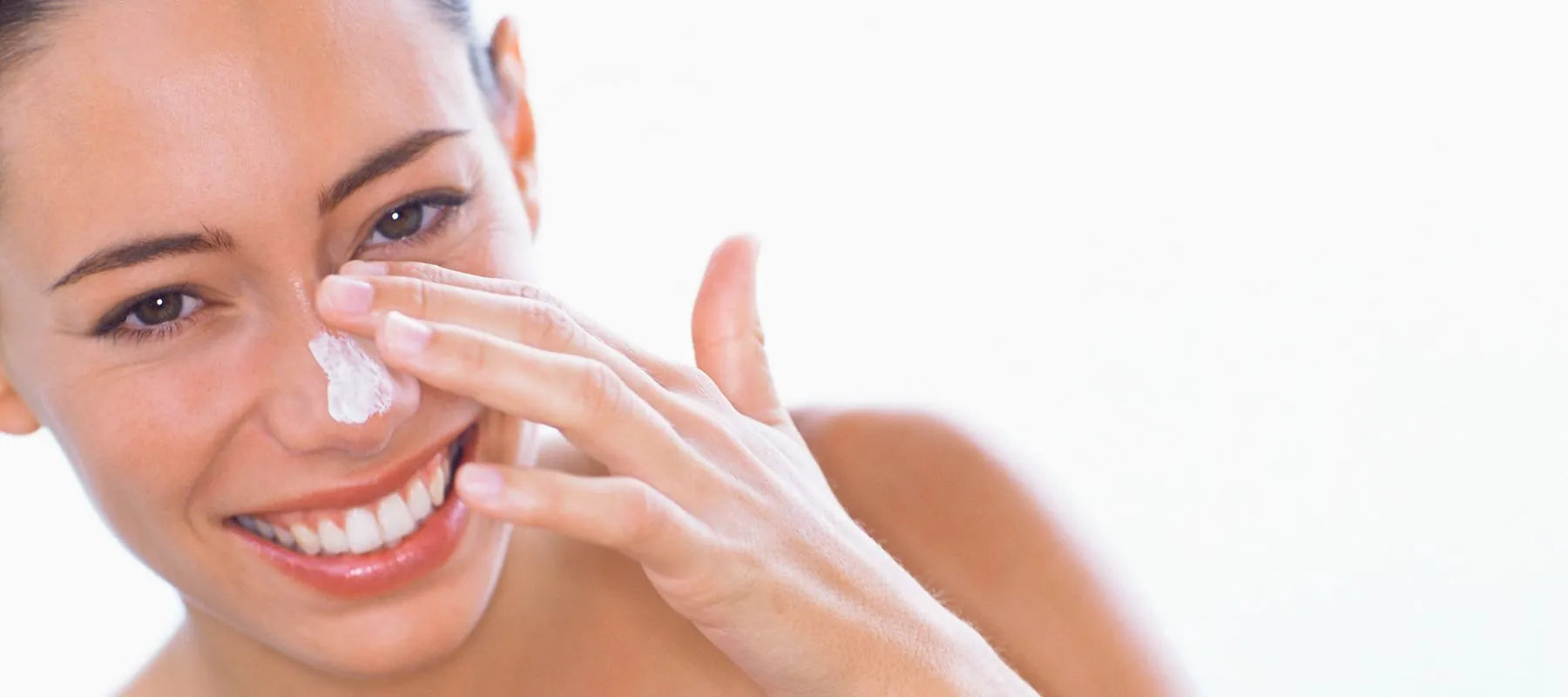
Decoding skincare labels: Humectant meaning and examples
Introduction
When it comes to skincare products, the term "humectant" is often seen on labels. But what does this mean for your skin, and why is it important? This article explores the science and purpose of humectants in skin care products. It gives an overview of what these substances do, why they are important for healthy skin, and how to include them in your daily routine.
What is a humectant?
Wondering, ‘What is humectant?’ Moisture attractors are what we call a humectant in skin care. They have the power to draw in moisture from your surroundings and keep it bound to your skin. So, humectants basically work like magnets for water molecules, pulling them from the nearby air or even deeper parts of your skin and keeping these on the top layer of your body's surface.
This helps boost your skin's moisture content, enhancing hydration and giving it a fuller and supple look. Typical humectants that are present in skincare products are glycerin, hyaluronic acid, aloe vera, and sorbitol. Using humectants in your skincare routine can be useful for replenishing moisture that has been lost from the skin, keeping it hydrated, and making it healthier overall.
Humectant meaning and common examples
The Latin word "humectare," which means "to moisten," is the root of the term "humectant." In skincare formulations, humectants play a vital role as hydrating substances. They provide moisture to dry skin, and that is why they are very important. Some examples of humectants for skin that are commonly used include:
1. Glycerin
This is a very strong humectant that cannot be smelled. It is one of the most common ingredients that you will find in skincare products because it is very effective. It plays an important role in keeping your skin hydrated by attracting moisture from your surroundings.
2. Hyaluronic acid
Hyaluronic acid is well-known because it can hold a lot of water, up to 1000 times more than its weight. This quality makes it very good for moisturising dry skin and smoothing out wrinkles on the face, which helps make the skin texture look better.
Also read: Benefits Of Hyaluronic Acid for Skin
3. Aloe vera
Aloe vera not only has a soothing effect, but it also acts as an organic moisturiser that helps to keep the skin moist and reduces redness and swelling.
How do humectants work?
Humectants create a shield on the skin, and because of this action, they prevent water from escaping. This leads to less moisture disappearing into the air and keeps the skin moist all day long. When you put humectants on your skin, they pull water from the air into your skin. This action makes your skin more moist and helps to make it feel better.
Furthermore, humectants are significant for keeping the skin's natural defence strong. They help by providing moisture and strengthening the skin's lipid barrier, which is important to guard against external threats like environmental irritants, pollution, and extreme weather, leading to more resistant and healthier skin.
The benefits
Humectants are good for the skin because they attract water from around them. This action helps to make sure that the skin stays moist and flexible. It is very helpful for people who have dry skin because it reduces problems like skin peeling and having a coarse surface.
Additionally, humectants are very important for keeping the skin's natural barrier working well. They make sure there is enough moisture, and this helps to make the protective layer of the skin stronger, so it can guard against things like pollution and germs from outside.
A strong skin barrier helps keep the skin healthy and lowers the chance of having problems like sensitivity, irritation, and swelling. Besides giving moisture, humectants also help to improve the feel and look of the skin. They make the skin more hydrated, which makes it fuller, so fine lines and wrinkles do not show as much along with other ageing signs. Moreover, skin that has enough water usually looks smoother and shines better because the moisture makes light bounce off it and makes the flaws seem less noticeable.
Humectants are good because they can be used for different kinds of skin. Some moisturising ingredients might not work well for skin that is oily or acne-prone because they're too thick and block pores. But humectants usually don't cause these problems, so more people can use them no matter what type of skin they have.
How to incorporate humectants for skin into your routine
Including humectants in your skincare routine can make a big difference when it comes to getting a glowing complexion. Here are some suggestions:
1. Cleanse your skin
Wash your skin gently with a mild cleanser to remove dirt, oil, and other unwanted substances. Choose a cleansing product that matches your skin type to avoid taking away too much natural oil or causing irritation. After finishing the cleansing process, gently pat your skin with a clean towel to make it dry. It's essential not to dry out your skin totally because humectants are more effective on damp skin.
Also read: 7 must-follow proper face cleansing steps
2. Apply a humectant serum
Put a small amount of hydrating serum on your fingertips, then gently rub it into the skin, which is still moist. You can look for serums that contain moisturising components such as hyaluronic acid, glycerin, or aloe vera. These ingredients help to draw moisture to your skin so that it stays hydrated for a long time.
After the humectant serum has soaked into your skin, use the Waterlight Gel Moisturiser to lock in the moisture. Select a moisturiser that suits your skin type, such as a lightweight gel for oily skin or a richer cream if it is dry.
Conclusion
When you know about skincare labels, it gives you the power to make wise decisions on what products are suitable for your skin. Humectants are very important in making skincare formulations because they give unmatched benefits that can change dull and dry skin into a glowing canvas. By using products that are humectant-rich and following simple skincare habits every day, you can discover the secret to having plump and healthy-looking skin.

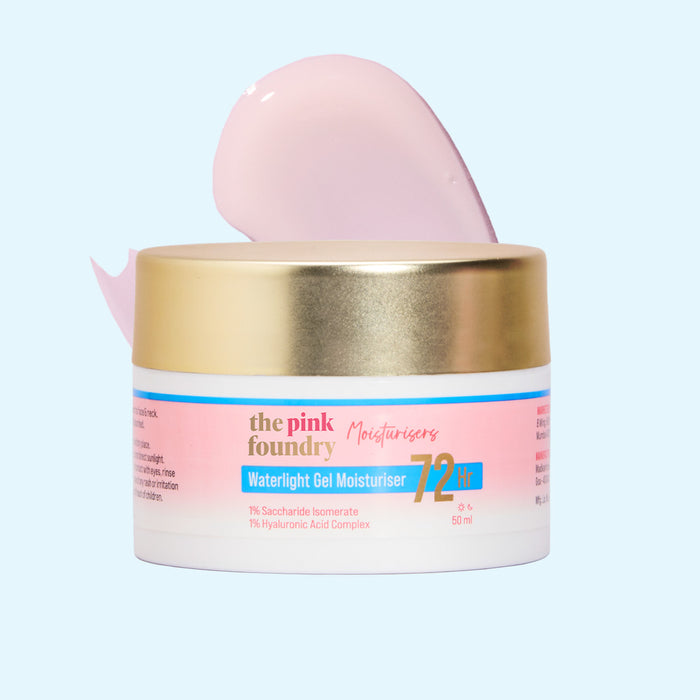

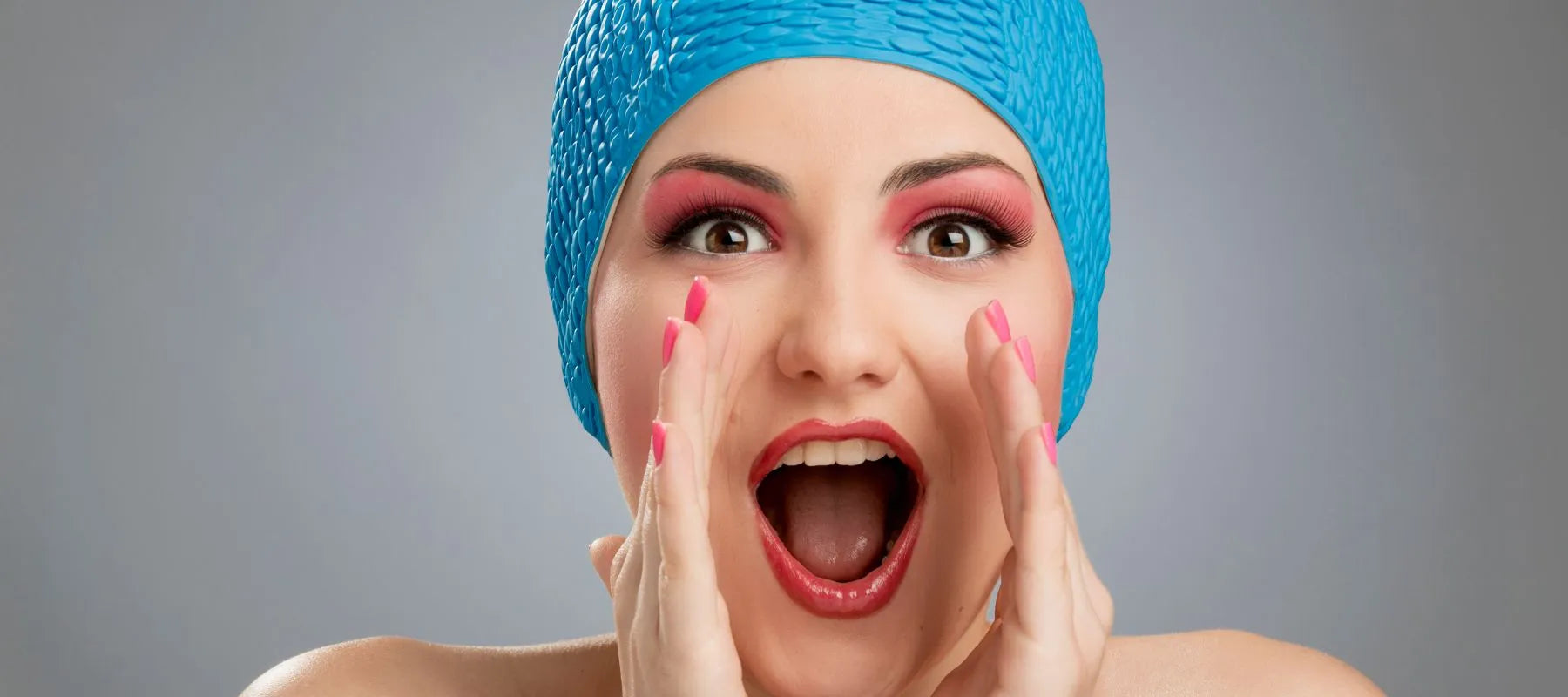



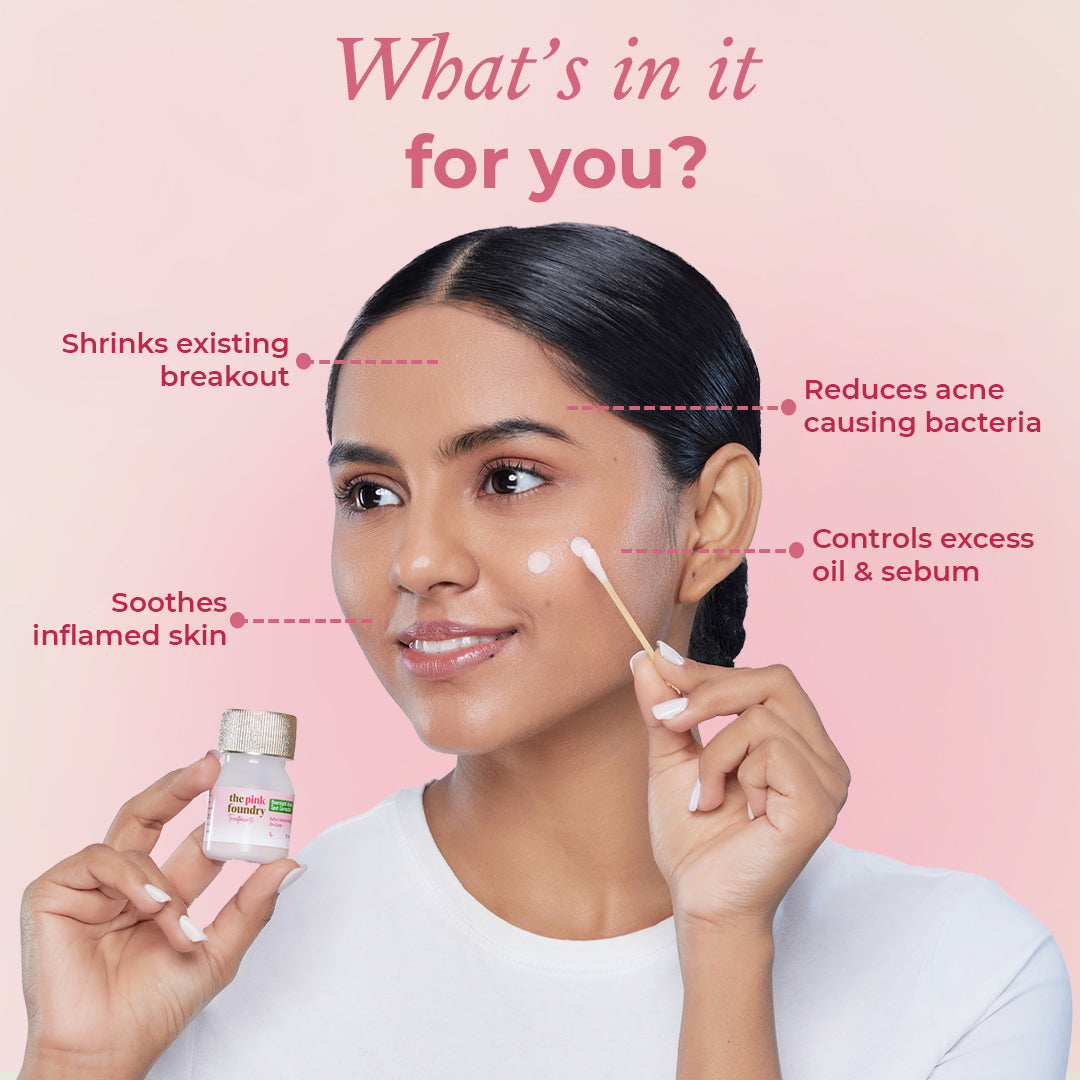
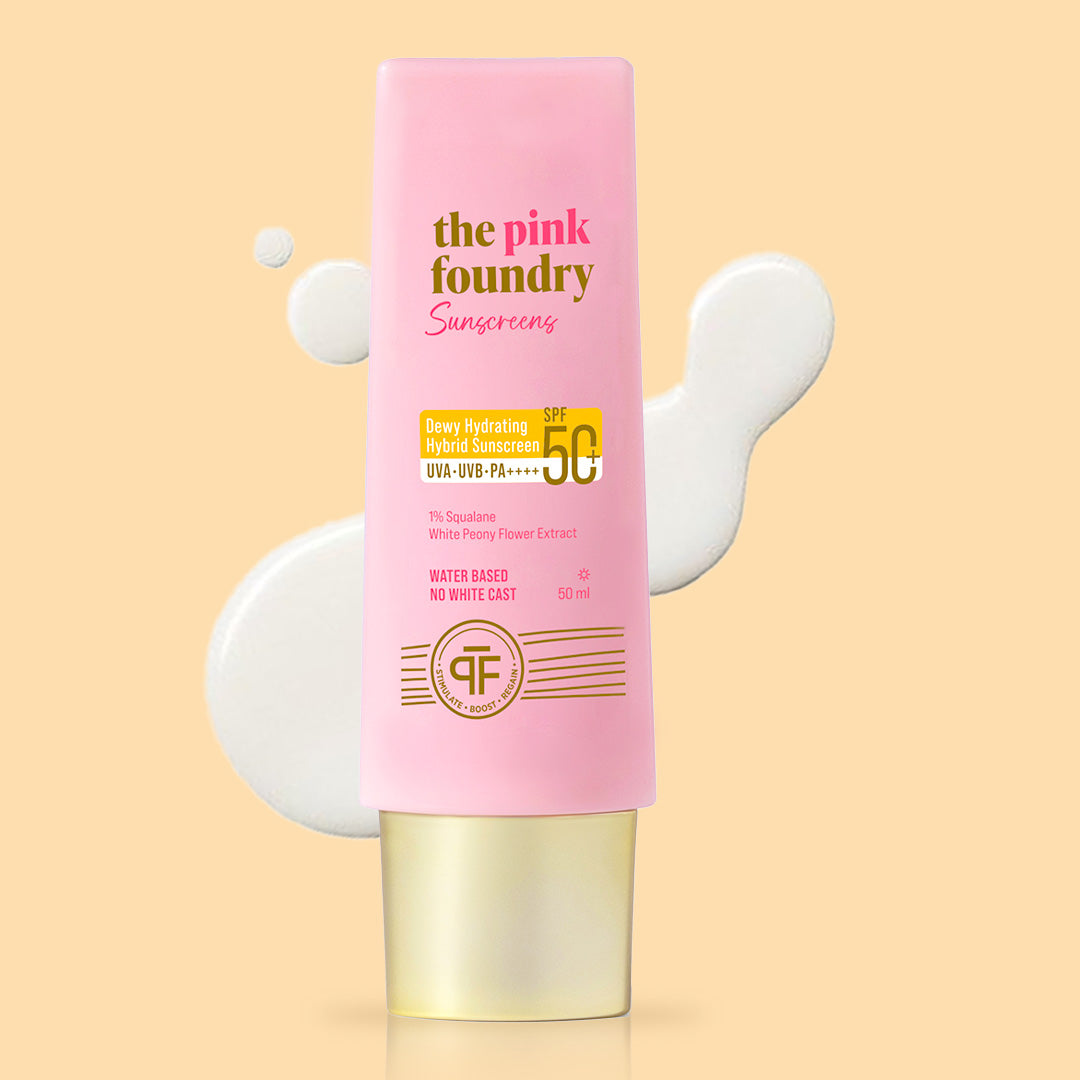
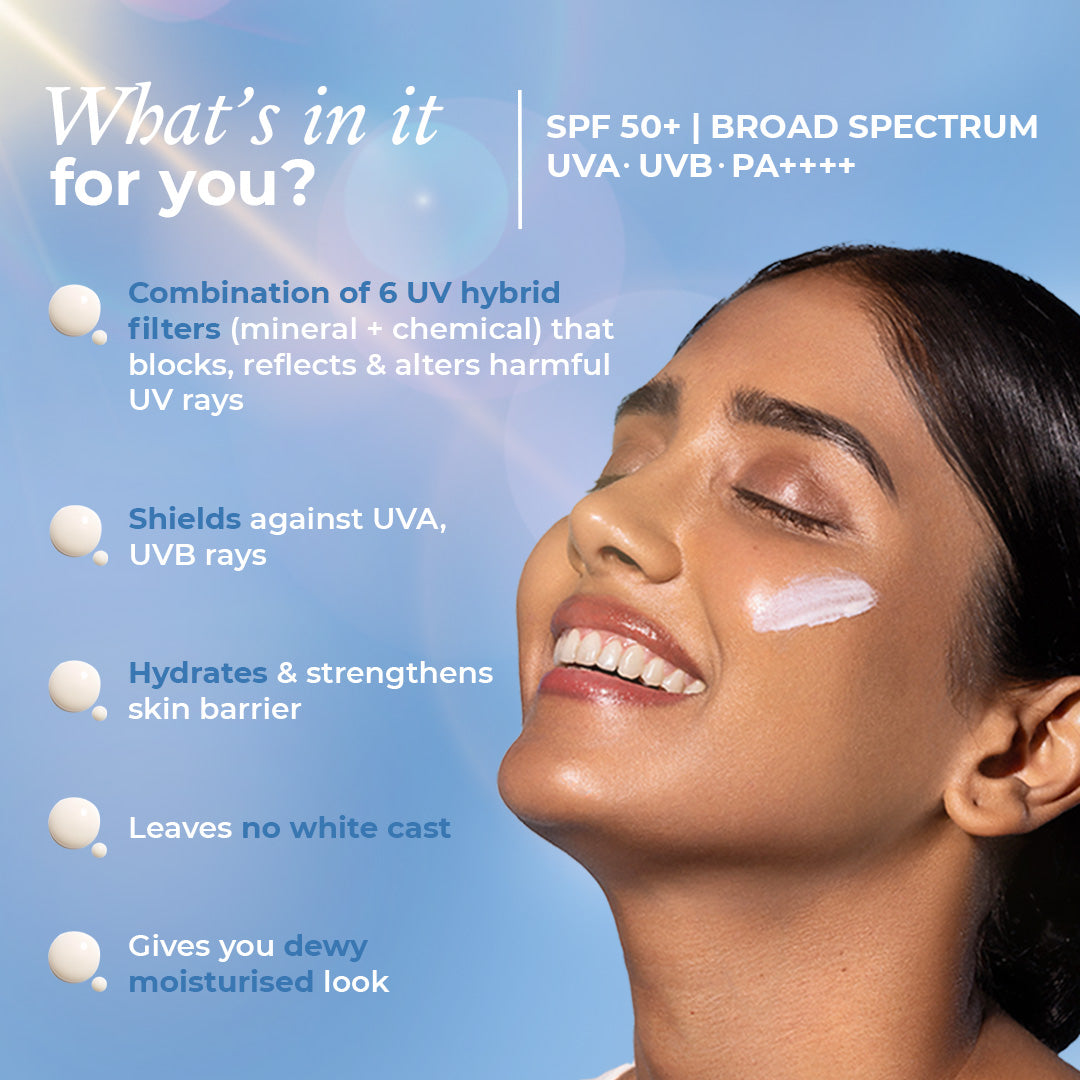


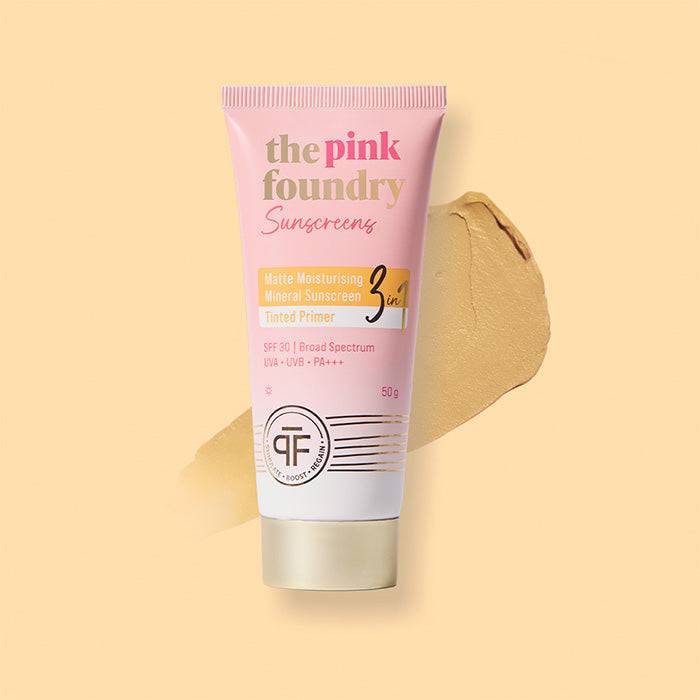
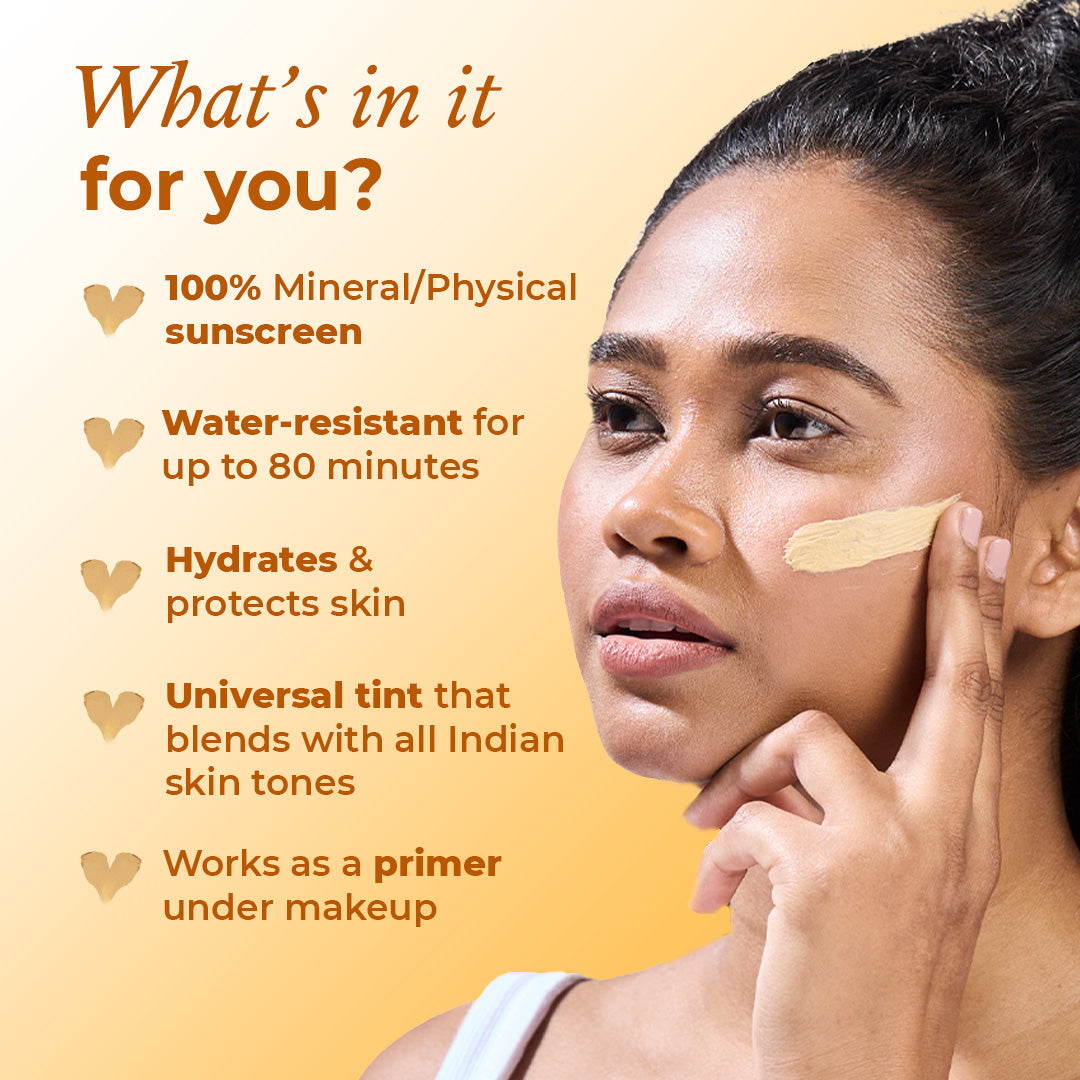



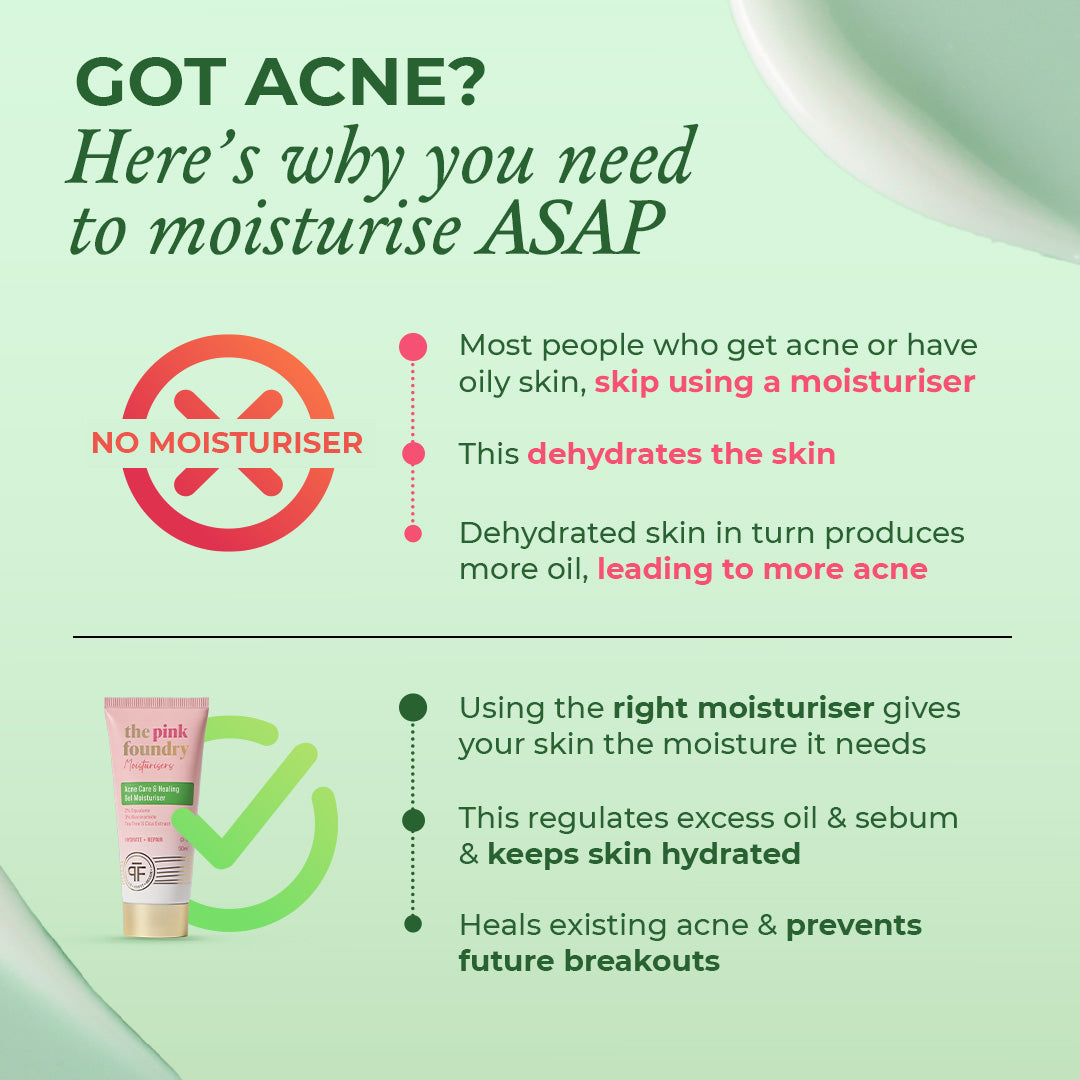
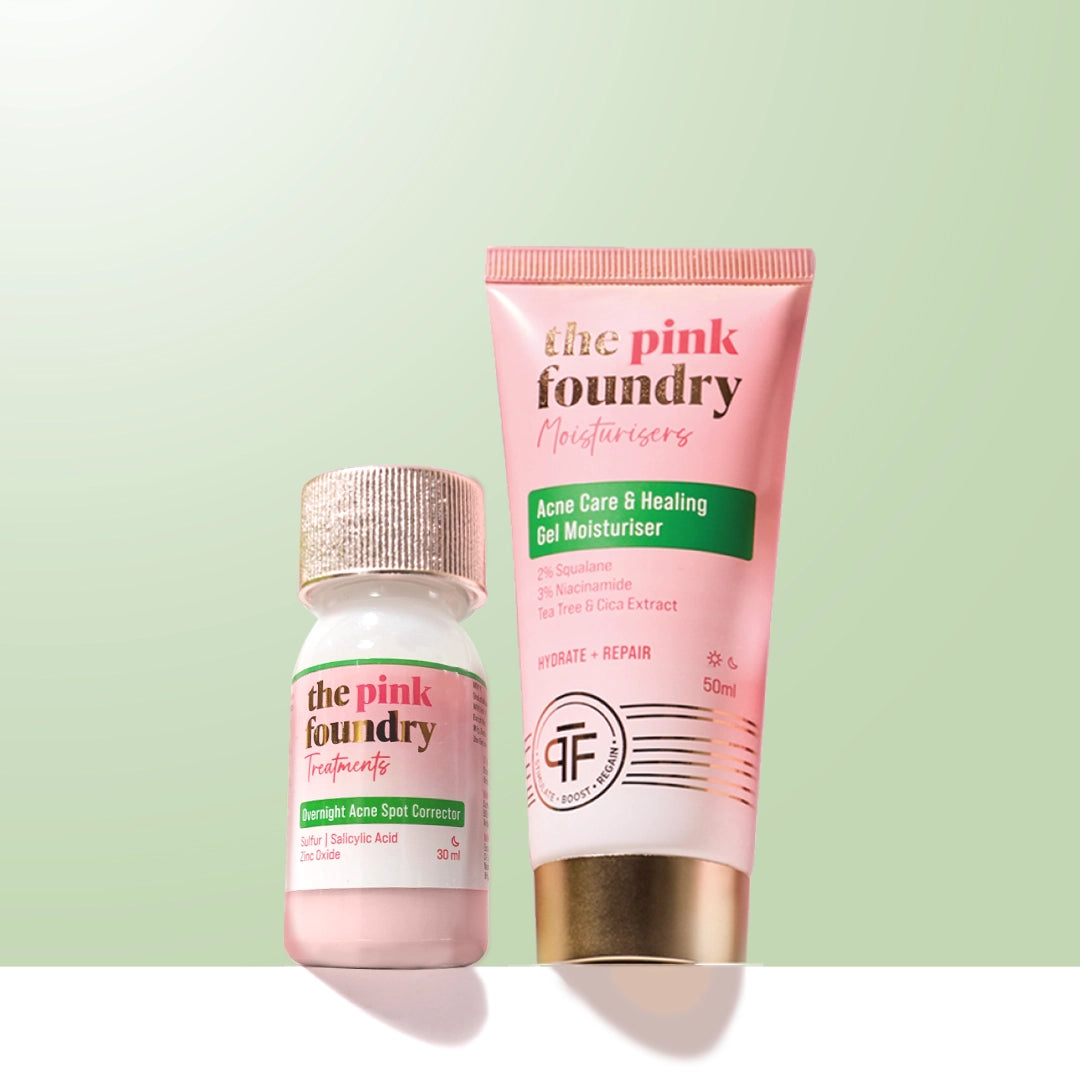
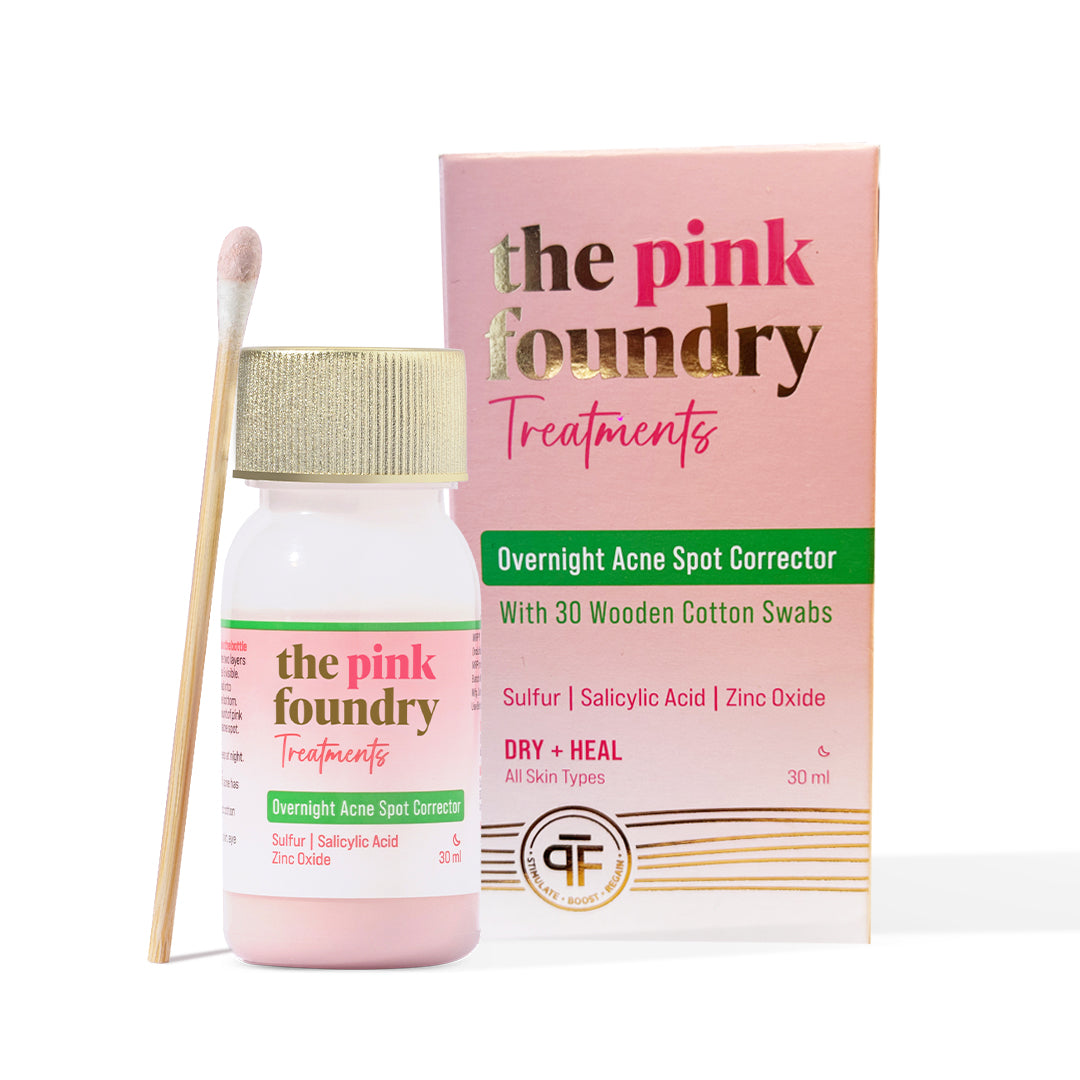
Leave a comment
This site is protected by hCaptcha and the hCaptcha Privacy Policy and Terms of Service apply.